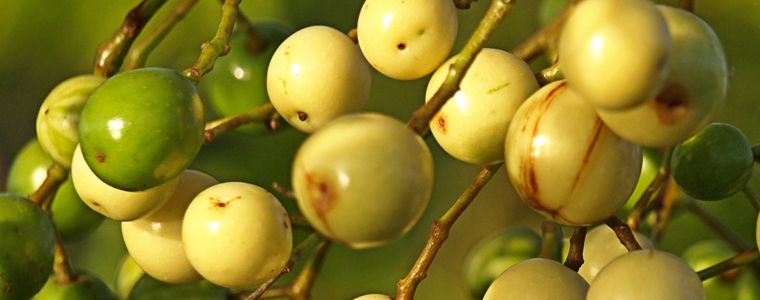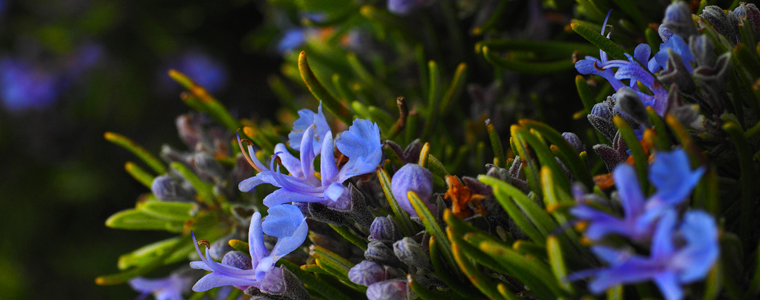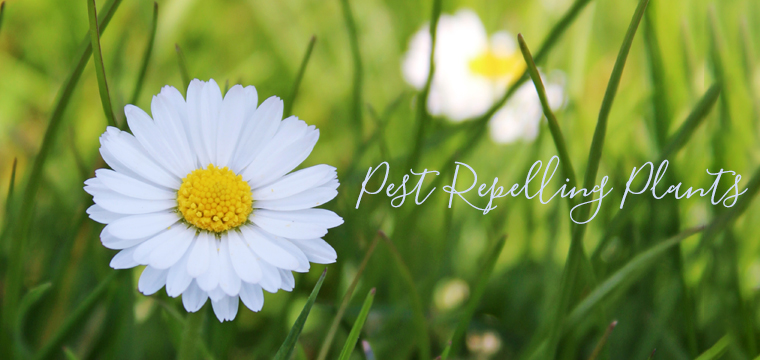Pest repelling plants are plants that have a strong smell, spicy or bitter,… have the ability to form insecticidal solutions. Using these plants is a way to control pests and reduce the use of pesticides.

How to use pest repelling plants
To be able to use pest repelling plants for pest eradication. We take raw materials from the tree to hang out to dry in the sun (some plants don’t need it) then use the press to extract essential oils from the parts of the plant or grind into powder, mix with boiling water and let it cooler. After that, we use it as a spray. We can use one or two plants mixed together, the scent to send out drive away insects.
Time to use: Spray before pests rising
Attention: Some plants may be affected by these solutions, the most common situation is leaf deformation. So you should use it in control to minimize damage.
Some of pest repelling plants that most people use:
Garlic
The smell of garlic repels pests such as ants, aphids, worms, beetles, larvae, flies, mice, nematodes, fungi and bacteria.
The method to mixing garlic solution is: Crush 1 garlic mixed with 1 liter of water and use immediately. In addition, you can also bring the dried garlic pulverized like powder and mix with water to spray. This solution fights scab, mildew, rust on beans and tomato blight. Planting garlic around fruit trees and many other plants helps to drive away aphids, stem borer, mice, moles and termites.

The most appropriate time to spray is in the evening, which is more effective with harmful insects and less affecting beneficial insects like bees. Garlic is a large-scale insecticide, so it will kill both beneficial and harmful insects, so use it properly. The smell stays on the tree for 1 month.
Chrysanthemum
In the family of chrysanthemum contains an ingredient called pyrethrin. This substance can invade the nervous system of insects and cause them to become paralyzed. Besides that, chrysanthemum also has the ability to attract natural enemies (beneficial insects).

To create a solution of insecticides from chrysanthemum, we boil 100 grams of dried chrysanthemum with a liter of water for 20 minutes, filter Waste to get water, let it cool and then put in a spray bottle. This solution is effective against cold-blooded animals, insects, and invertebrates. Chamomile juice can last up for 2 months. You can also mix it with Chinaberry oil to improve the effect.
Chinaberry
The ancient Indian attach much importance to the Chinaberry oil due to its ability to repel pests. Water from Chinaberry and its leaf can also form an insecticidal solution because of the bitter substance inside. To be able to use, we mix 15 ml of Chinaberry oil and a teaspoon of dishwashing liquid into about 1.9 liters of warm water, stir it and then put in a spray bottle. Chinaberry oil can be replaced by solutions from dried or crushed Chinaberry leaves. This solution works for almost all types of pests and bugs.

Derris
Derris is used to kill insects, insects, aphids … In some places, people use Derris trees to make a ring on the horns of the buffalo that has maggots or parasitic.
To make pesticides from Derris trees, soak the roots and then pound, squeeze water, then spray. In addition, you can also roast the seeds and then pound into flour, which can be soaked in water and sprayed. Approximately 7kg Derris powder can soak with 400-500 liters of water and spray for about one hectare.

The solution from the Derris trees is 70-80% effective with the tortoise pests, the aphids, but not toxic to ladybug or red-eye bees.
Rosemary
Rosemary is used to repel mosquitoes and some pests. They have a strong aroma, often used for cooking. However, insects are very uncomfortable with this smell. Applying a few drops of rosemary essential oil to pillows and clothing can keep mosquitoes stay away…

You can make rosemary solution yourself to repel insects, by cooking rosemary with water for 30 minutes, then extracting the water and keeping it in the refrigerator compartment. Using this water to spray the air will make the house smell better. You can place rosemary pots at window sills, near aquariums, or in damp places that mosquitoes prefer.
Mint
Peppermint is a cool, pleasant plant for us, but it is annoying for some insects like mosquitoes, ants and even rats. Peppermint has a very fast growing spread around it, so it is recommended to plant it in a pot so that it can be placed in a garden or corridor. However, if your home garden has ants as a natural enemy, you should keep this plant far away…

The use of these aromatherapy plants does not distinguish between harmful or beneficial insects, and it affects both. If your garden has natural enemies, you should learn and choose the right plant. Currently, the use of Pest repelling plants to prevent pests is more popular, because of its safety and effectiveness, without affecting human health.



